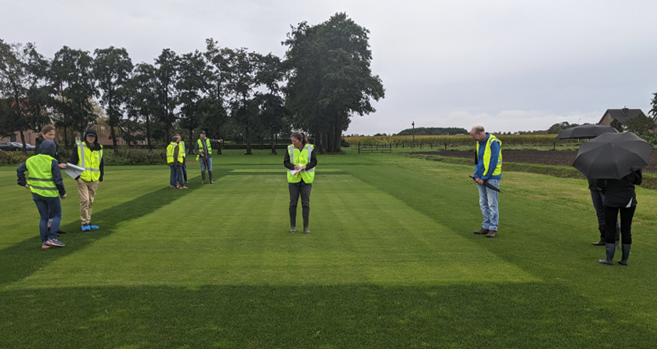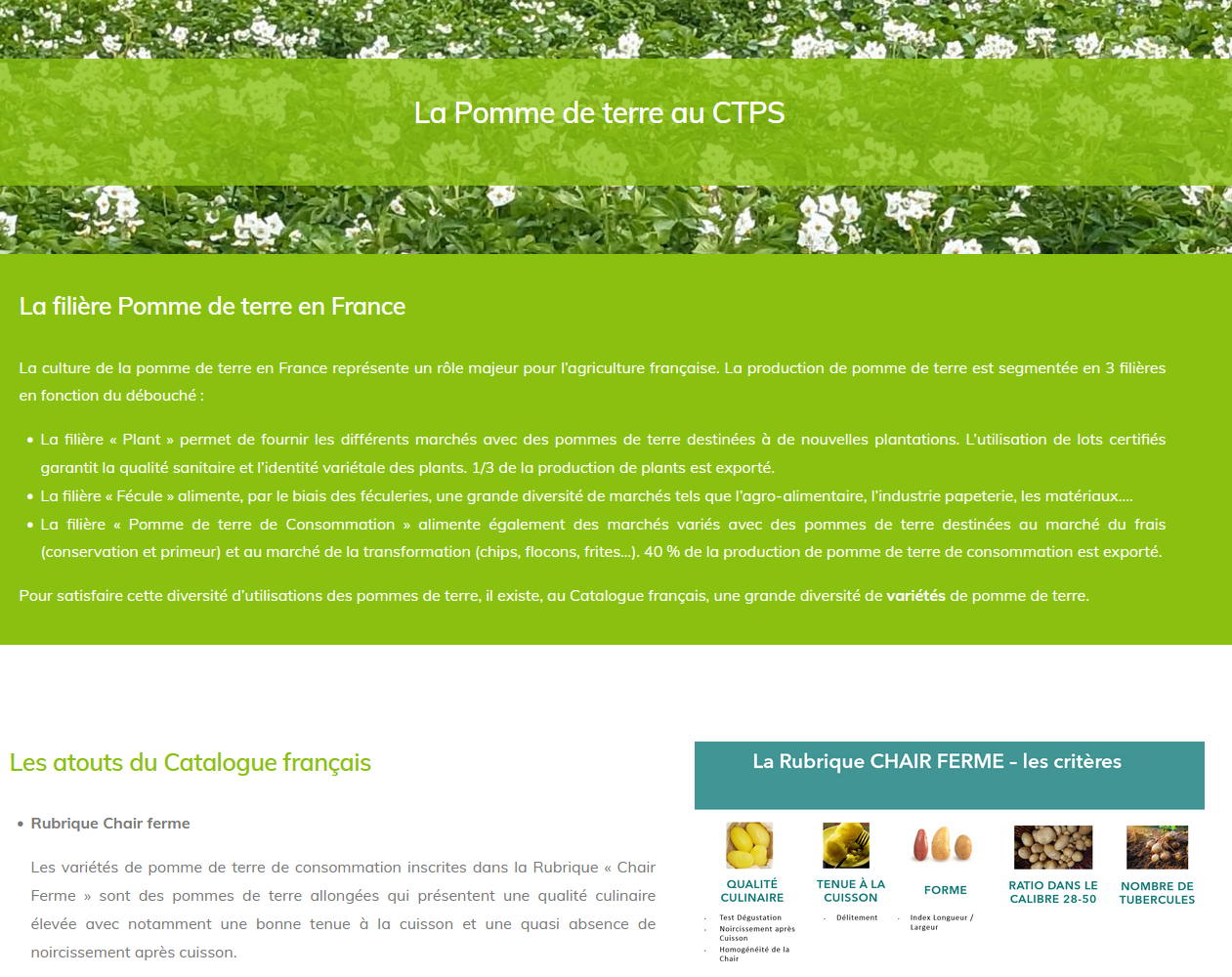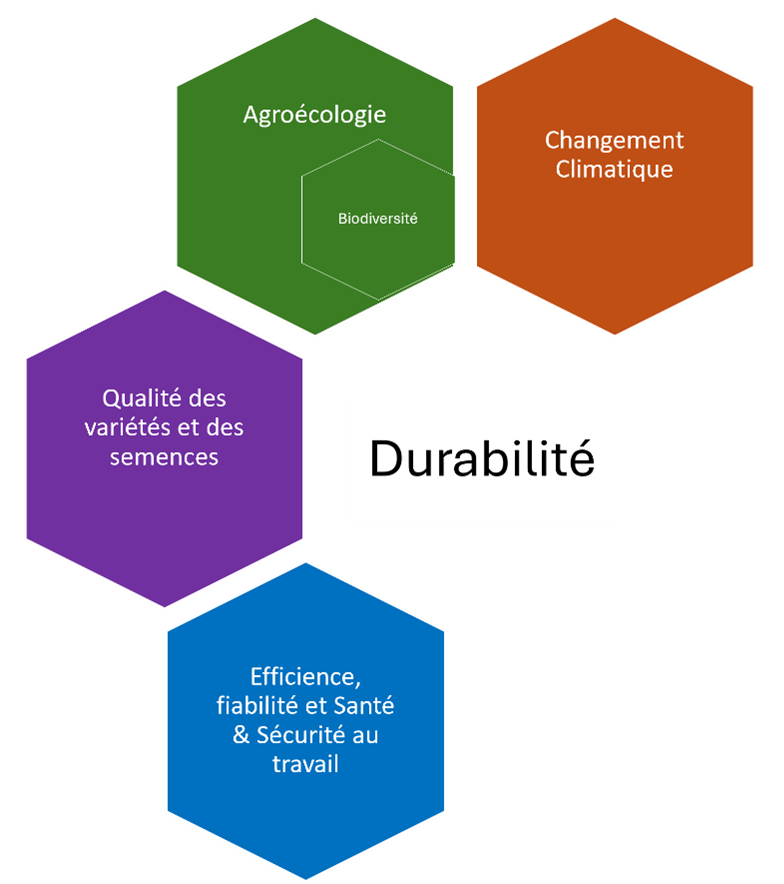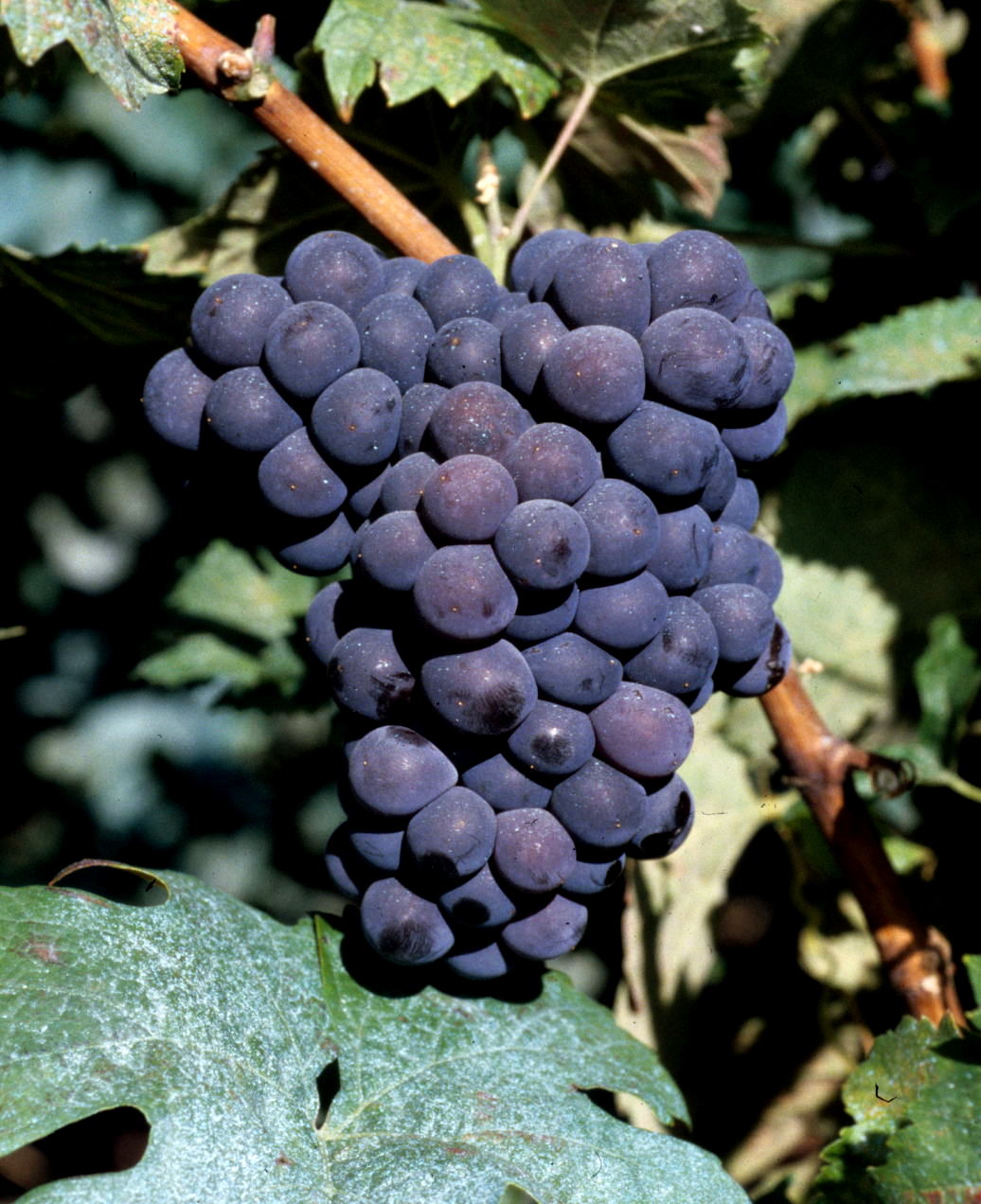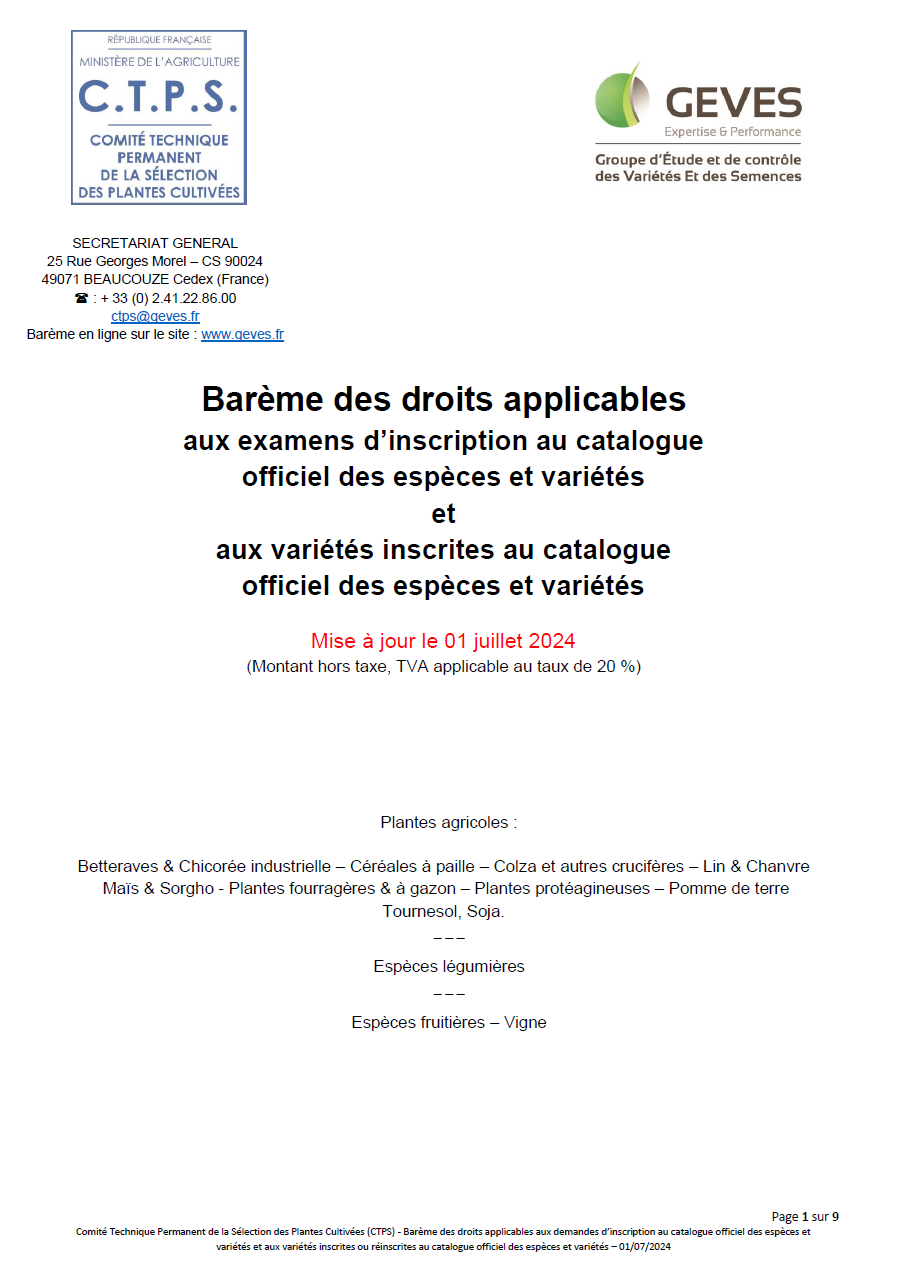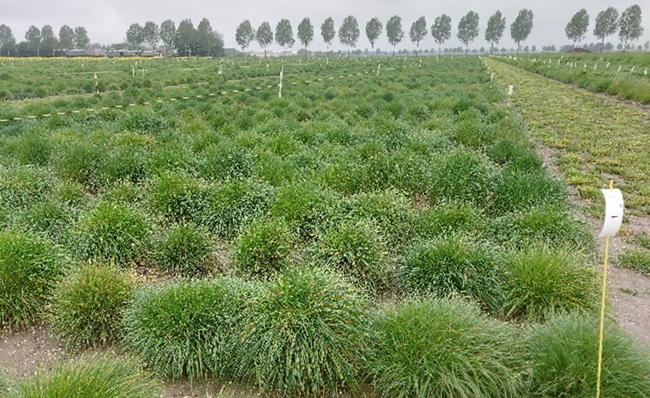
From the CTPS Forage and Grass Section
Two subjects animated the debates at the last CTPS forage and grass plant section on 25 January 2024.
During the review of regulatory news, the progress of the draft Plant Reproductive Material (PRM) regulation was presented. Some of the proposed changes concern forage species. Firstly, the status of the use of grass, which is currently insufficiently clear, was raised. In addition, the list of catalogued species, which is particularly extensive for forage crops, needs to be examined in the light of the disappearance of the “commercial seed” section and the obligations associated with the marketing of mixtures. This could lead to a significant increase in the number of listed species. Finally, the “preservation mixtures” regulation could evolve as part of the new PRM regulation.
The second issue concerns DUS results. This year has seen a drop in the number of positive reports, with a consequent increase in the number of varieties that must continue their studies. This is particularly the case for DUS tests outsourced to European examination offices. GEVES is holding discussions with the counterpart offices that carry out DUS studies for France. The aim is to optimise and harmonise practices. Line trials comparing varieties are an important point in the exchanges. Molecular tools to reduce the size of reference collections are also an avenue that will be developed in a future section. The UFS is concerned about the situation and offers its support for this approach. European protocols could evolve with the PRM, and exchanges will probably continue at the CPVO.
